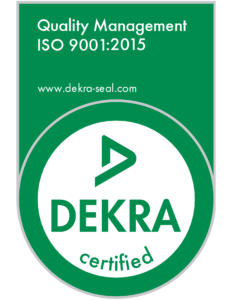Warped parts in ultrasonic welding can negatively impact the welding process, as they may not be properly aligned and can cause variations in pressure and energy distribution during welding. This can result in poor weld quality and weaker welds, leading to potential product failures.
Warped parts may also cause issues with the welding tooling, as the tooling may not be able to properly clamp the parts, leading to misalignment and inconsistent welding. Additionally, warped parts can cause stress on the welding equipment, potentially causing damage to the equipment and increasing maintenance requirements.
To prevent issues with warped parts in ultrasonic welding, it is important to ensure that the parts are properly designed and manufactured to avoid warping. Proper mold design and processing can help prevent warping, as can ensuring that the parts are stored and handled properly prior to welding. If warping does occur, it may be necessary to adjust the welding parameters or tooling to compensate for the issue.

